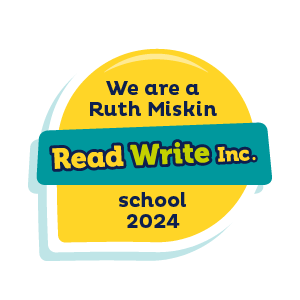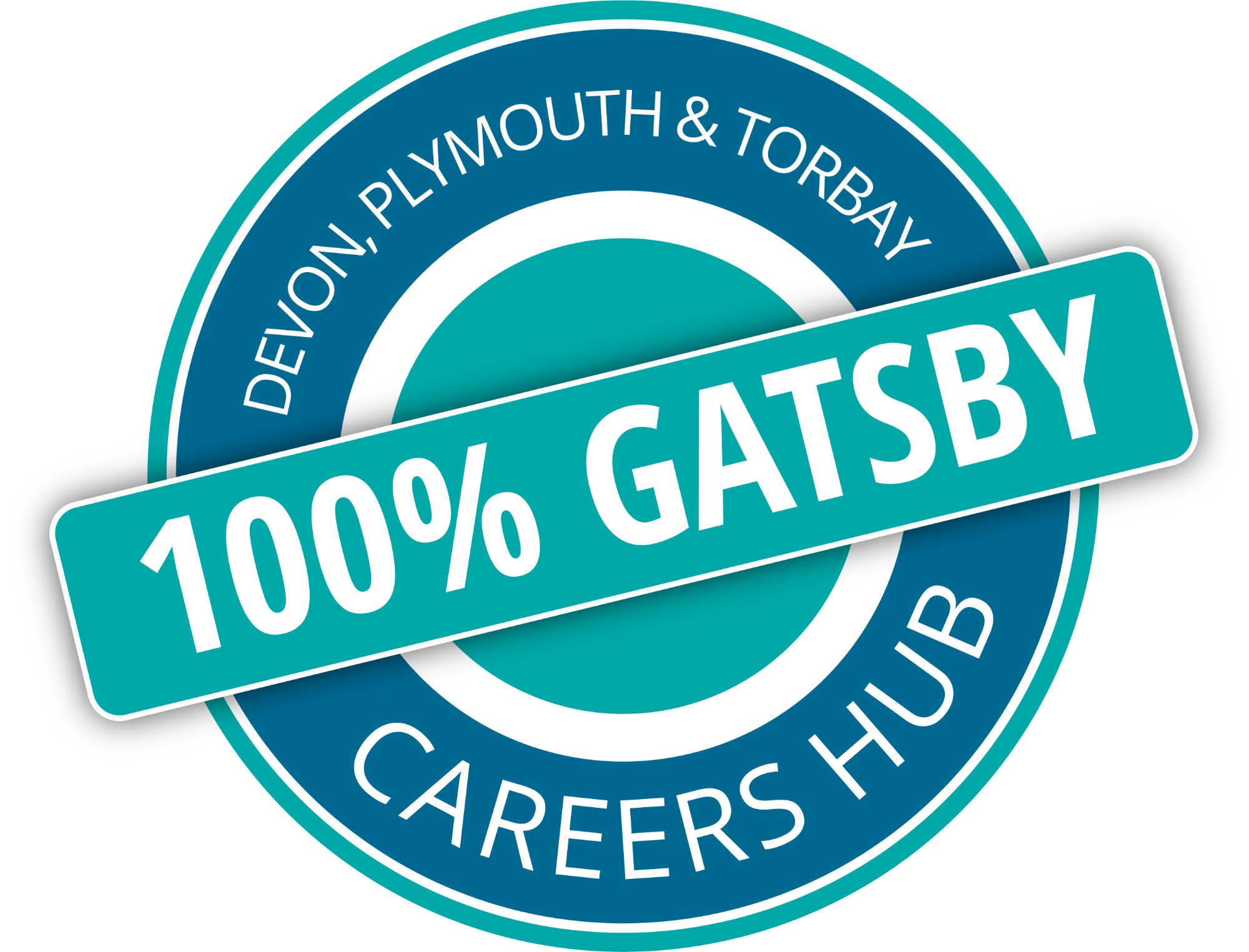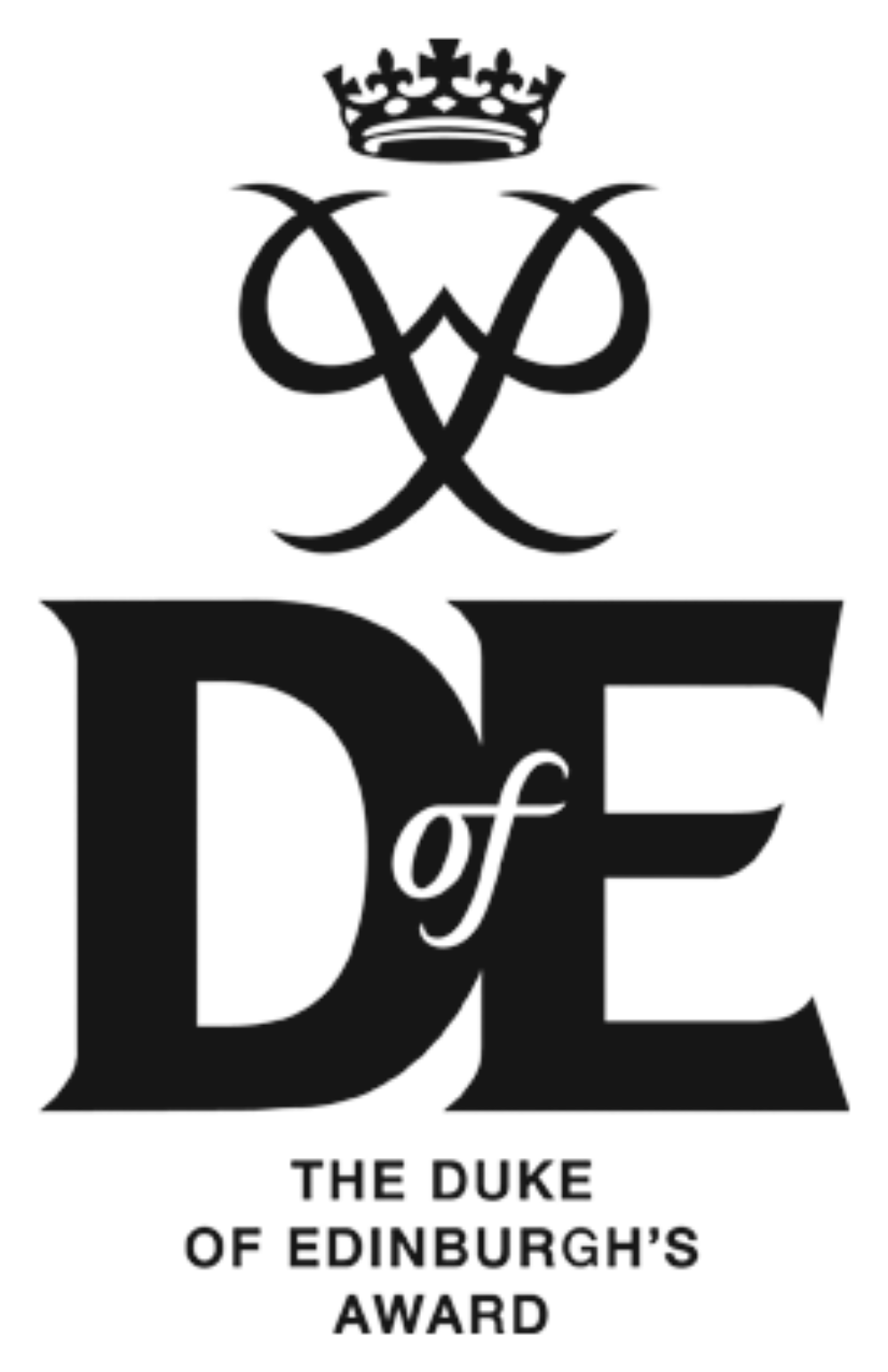Reception
Sophie Greaves is our Reception Class teacher.
About the Early Years Curriculum
The EYFS (Early Years Foundation Stage) curriculum is an educational stage for children aged 0-5.
Within the EYFS, children are given the opportunity to learn through activities that are built around their interests, their own questions, as well as their identified next steps.
The curriculum is broken down in to 7 areas of learning and development.
The three Prime areas of learning help your child to become confident, independent and able to communicate and interact with other adults, as well as their peers.
- Personal, Social and Emotional Development (PSED)
- Communication and Language (C+L)
- Physical Development (PD)
The 4 Specific areas of the curriculum then build on this confidence and independence through introducing more creative and academic subjects that help the children to get ready for moving through in to KS1.
- Literacy (L)
- Mathematics (M)
- Understanding the World (UTW)
- Expressive Arts and Design (EAD)
At Thomas Hall School, we endeavour to get to know your children well and planning is always based on the needs and next steps for each individual member of the class. Our teaching is organised through a variety of approaches that provides a balance of child initiated and adult led activities:-
- Planned focused activities where adults work with a small group of children at a time. Activities are differentiated to meet the needs of every child participating.
- Small group teaching of early reading and writing through the phonics based programme – Read Write Inc.
- Whole class teaching for short periods of time such as shared story time, direct teaching songs and rhymes, discussions and sharing work.
- Opportunities for teachers to work alongside children as they develop their interests in specific areas of the curriculum.
Long term plans and areas of learning
The 7 areas of the EYFS include the following types of learning and experiences.
1) Personal, Social and Emotional Development (PSED)has a focus on children’s mental and physical wellbeing. This area is divided into these headings:
- Self-Regulation
- Managing Self
- Building Relationships
Personal, social and emotional development (PSED) provides children with lots of social opportunities. Children can learn to form healthy bonds and make stable, lasting friendships.
The subject also enables children to discuss their thoughts and feelings. This can help them to form a level of ownership, independence, and self-esteem.
2) Communication and Language (C+L) encourages conversations and spoken language skills. Here we help the children to be able to interact with their peers and their learning environment. Within this category we will work on these two main areas:
- Listening, Attention and Understanding
- Speaking
Words and image association is one of the best forms of initiating language and communication development. This is why reading books to young children is a great way of bringing this out, since they’ll be able to make a connection with the pictures in the book, and the text that they are listening to.
3) Physical Development (PD) is vital for healthy lives, as well as affecting other areas of learning. Both gross and fine motor skills are developed over Early Years in activities like writing and cutting.
- Gross Motor Skills (Large physical movements)
- Fine Motor Skills (smaller finger movements or use of activities that encourage a strong use of their fingers.)
As children move around, they’re exploring the world around them through handling objects.
4) Literacy (L) skills will form a strong foundation for the future and the rest of their schooling. It is split in to:
- Comprehension
- Word Reading
- Writing
Children begin to build connections between spoken sounds and the letters in writing. In order to achieve this, they will need to start forming levels of experience with letters and words, pictures and objects, and sounds.
5) Mathematics (M), as an area of learning, focusses on simple concepts that are foundational to the maths topics that they will work on in KS1 and up. In EYFS children focus on the maths areas that include:
- Number
- Numerical Patterns
Learning maths can help with life skills such as spatial awareness, shapes and measurement, and problem-solving.
6) Understanding the World (UTW) supports children’s learning about the surrounding environment. In this area of learning, children can explore new cultures and have the opportunity to explore the world around them. This area is separated into:
- Past and Present
- People, Culture, and Communities
- The Natural World
Children will discover similarities and differences, what they can and cannot change and why certain things happen within the world around them. There are lots of opportunities to experiment and investigate. As well as learning about different societies and communities, cultures, people, and places, there are elements of science within this type of learning, too. For example, children will learn about the environment, such as weather conditions, plants, and wildlife.
7) Expressive Arts and Design (EAD) supports children’s creative development and expression. It helps children to create their own art work and encourages them to value their own thoughts, opinions and skills. The two areas in this area of learning are:
- Creating with Materials
- Being Imaginative and Expressive
Children are given the opportunity to use a range of materials and activities in order to express themselves through imaginative play. These activities also include design and technology, dance, movement, music, art, and role-play.
Early Years Profile
The EYFS profile is completed for every child in the final term of their Reception year, and has three main purposes: to inform you about your child’s development, to make the transition to Year 1 smoother, and to help the Year 1 teacher plan a curriculum that will suit all of the pupils in their new class. The profile measures your child’s attainment in areas of learning known as Early Learning Goals (ELGs).
Online resources
- https://www.phonicsplay.co.uk/
- https://www.bbc.co.uk/cbeebies/shows/numberblocks
- https://www.bbc.co.uk/cbeebies/shows/alphablocks
- http://learnenglishkids.britishcouncil.org/?utm_source=lekids&utm_medium=header-tab&utm_campaign=learnenglish-kids
- https://home.oxfordowl.co.uk/reading/reading-schemes-oxford-levels/read-write-inc-phonics-guide/
Essential books to read for your year group



